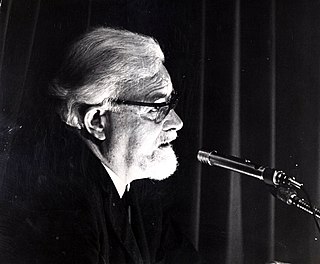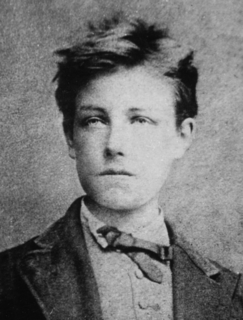A Quote by Varg Vikernes
Being a Pagan without knowing much about Paganism is a bit silly, in the sense that you would probably have been a Pagan had you known more, but you could not really be because you only knew so much about it.
Related Quotes
For those who struggle with anti-pagan prejudices and stereotypes, Humanist Paganism might be a powerful educational tool. It can show that a pagan can be a sophisticated, cosmopolitan, and enlightened person, and that a pagan culture can be artistically vibrant, environmentally conscious, intellectually stimulating, and socially just.
So much of truth, only under an ancient obsolete vesture, but the spirit of it still true, do I find in the Paganism of old nations. Nature is still divine, the revelation of the workings of God; the Hero is still worshipable: this, under poor cramped incipient forms, is what all Pagan religions have struggled, as they could, to set forth.
She smiled. She knew she was dying. But it did not matter any longer. She had known something which no human words could ever tell and she knew it now. She had been awaiting it and she felt it, as if it had been, as if she had lived it. Life had been, if only because she had known it could be, and she felt it now as a hymn without sound, deep under the little whole that dripped red drops into the snow, deeper than that from which the red drops came. A moment or an eternity- did it matter? Life, undefeated, existed and could exist. She smiled, her last smile, to so much that had been possible.
Samhain had its origins, like many modern holidays or celebrations, in pagan times. As the sidhe-seers had been inclined to erect churches and abbeys on their sacred sites, the Vatican had been wont to “Christianize” ancient, pagan celebrations in an if-you-can’t-beat-them-and-don’t-wantto- join-them-rename-it-and-pretend-it-was-yours-all-along campaign.
I knew that to find and to feel Yoav again would be terribly painful, because of what had become of him, and because of what I knew he could ignite in me, a vitality that was excruciating because like a flare it lit up the emptiness inside me and exposed what I always secretly knew about myself: how much time I'd spent being only partly alive, and how easily I'd accepted a lesser life.
Life is such unutterable hell, solely because it is sometimes beautiful. If we could only be miserable all the time, if there could be no such things as love or beauty or faith or hope, if I could be absolutely certain that my love would never be returned: how much more simple life would be. One could plod through the Siberian salt mines of existence without being bothered about happiness.
I think people are much more concerned about money now. There aren't the big advances of the past. You feel the sense of nervousness about the book industry. It's not like before. Not that I knew very much about what it was like because I was a newcomer to it, but I get that feeling that people are more conservative in their book choices and what they are going to publish and what's a sure sell. As opposed to - just like in the economy - a sense of luxury and sense of risk taking ten years ago.
The test of science is not whether you are reasonable—there would not be much of physics if that was the case—the test is whether it works. And the great point about Newton’s theory of gravitation was that it worked, that you could actually say something about the motion of the moon without knowing very much about the constitution of the Earth.
I have a degree in cinema studies and the big paper I wrote at the end of that was about Judy Garland and Liza Minnelli. So I thought that I knew quite a bit about Judy Garland, but I read in passing that the Stonewall riots were a reaction to her death and I had never really read enough to know what that meant or how that could be true. I was interested in that I knew so much about Judy Garland, but I really didn't know this story.
The Supreme Court said nothing about silliness, but I suspect it may play more of a role than one might suppose. People are, if anything, more touchy about being thought silly than they are about being thought unjust... Probably the first slave ship, with Negroes lying in chains on its decks, seemed commonsensical to the owners who operated it and to the planters who patronized it. But such a vessel would not be in the realm of common sense today. The only sense that is common, in the long run, is the sense of change.
Do you remember the time we met? The wind blew the snow about on the outside, the train moved, stopped, and then moved some more. It took us five hours to reach Tokyo, but I wasn't bored one bit. I didn't really get to hear so much about Nana. But I knew I would have loved... To hear what Nana had to say about herself. - Nana Komatsu

































